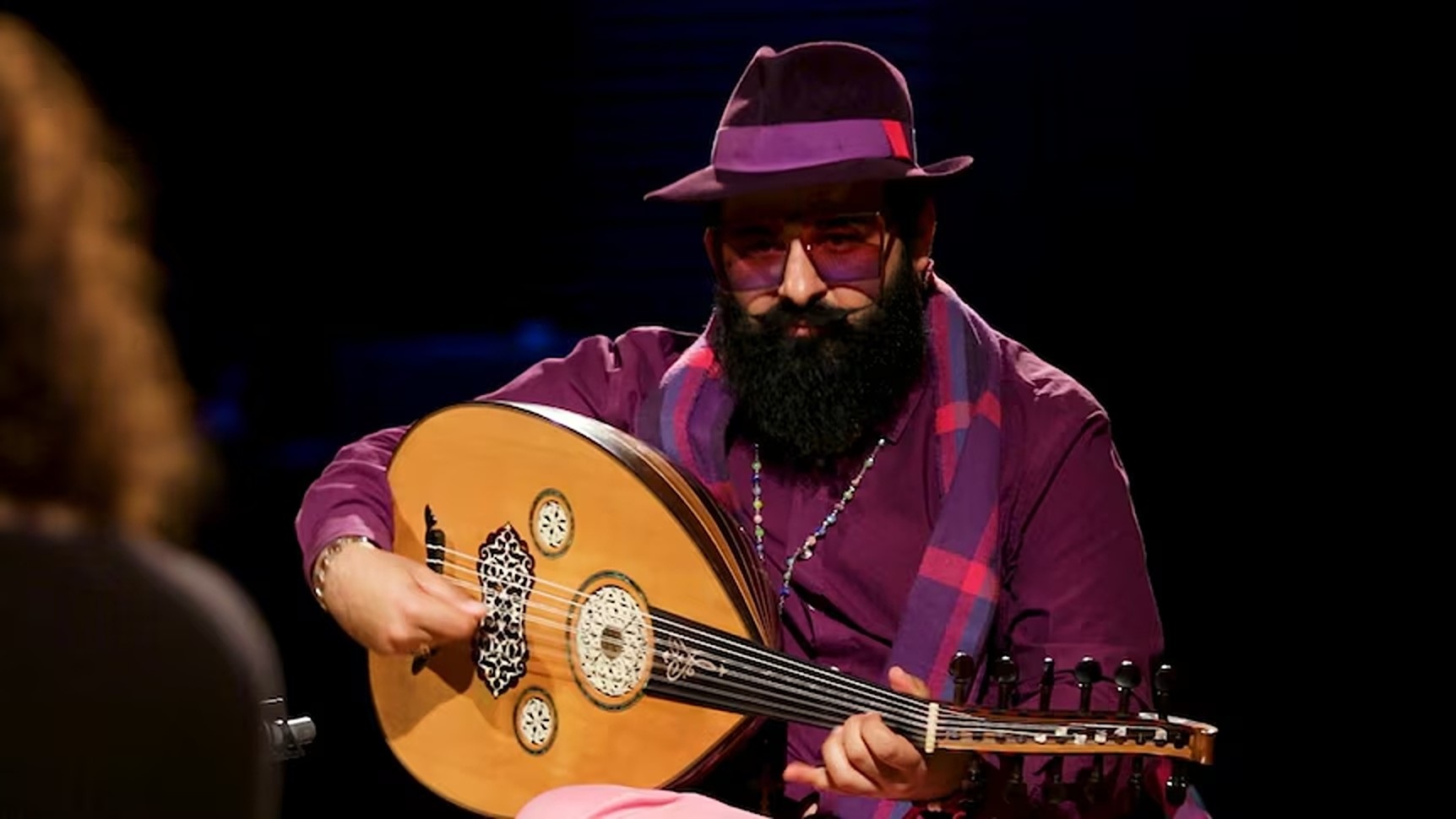Was Abdel Halim Hafez, Egypt’s most celebrated classical singer, actually a rockstar? With his crisp black suits and neatly styled hair, few would ever label him as one. Yet for Joseph Tawadros, the Egyptian-born Australian multi-instrumentalist and oud virtuoso, the term ‘rockstar’ stretches far beyond its modern-day image. It takes just a few seconds to judge an artist by their appearance or the instrument they hold. Looking at Abdel Halim Hafez, it is easy to assume he was simply a classical singer. But Tawadros sees him differently. To him, Abdel Halim was very much a rockstar of his time; a boundary-pusher who embraced Western instruments to expand his sound, layering in keyboard instruments, electric guitars, and even rock-and-roll rhythms, as heard in his hit Ya Albi Ya Khali (Oh My Empty Heart, 1957). In the same way, it is easy to misread Tawadros, 42, at first glance. He plays the oud, an ancient Middle Eastern stringed instrument, yet he wears bright, patterned shirts and improvises like a jazz artist, blending tradition with playfulness, seriousness with spontaneity. The mix can be confusing at first glance, but it is also what…
“Abdel Halim Was Like a Rock Band”: Egyptian-Australian Virtuoso Joseph Tawadros on Reinventing the Oud
October 30, 2025




